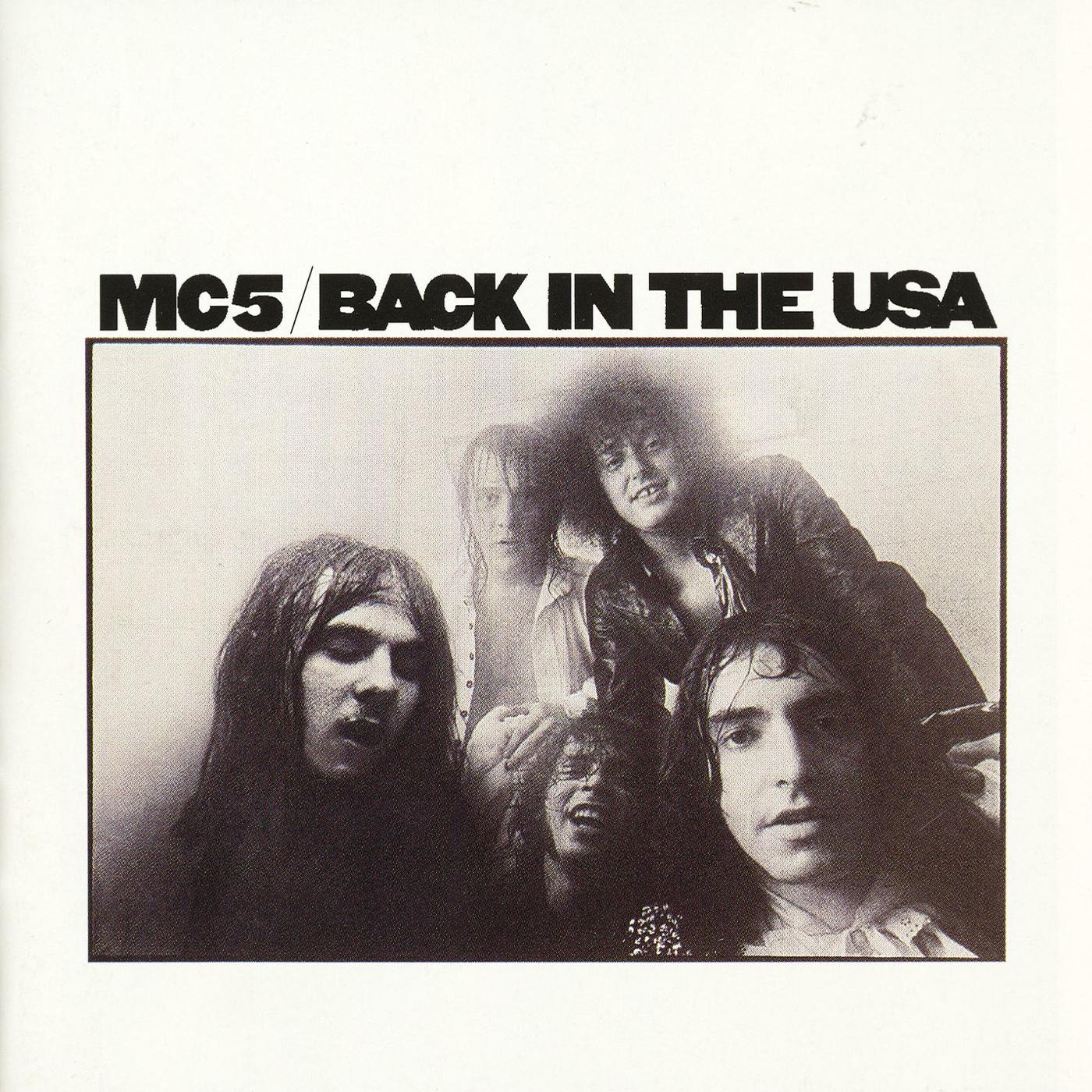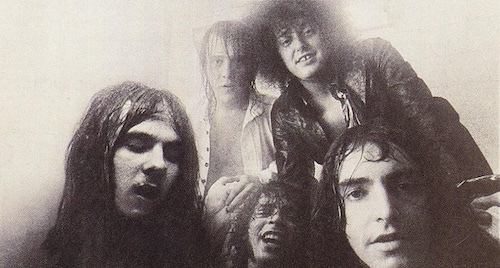
Dennis Thompson, the original drummer for the influential Detroit rock group, MC5, and the last survivor of that band, died today (May 9, 2024). The death of Thompson—known as “Machine Gun”—at age 75, a month after suffering a heart attack, follows the passing of the band’s guitarist and vocalist, Wayne Kramer, also 75, in February. The MC5’s manager, John Sinclair, who was also a political activist and poet/writer, died April 2.
After being passed over for induction, for decades, by the Rock and Roll Hall of Fame, the MC5 was finally selected in April as a member of the Class of 2024, in the Musical Excellence category.
The group’s lead singer, Rob Tyner, died in 1991; guitarist Fred “Sonic” Smith passed in 1994; and bassist Michael Davis died in 2012. News of Thompson’s death at a medical rehabilitation facility was first posted by the Detroit Free Press, citing a “series of medical issues.” The paper notes that he was in the hospital when he was told the group had finally been chosen for induction by the Rock Hall.
“It’s about f**king time,” was Thompson’s reaction upon receiving the news, according to the Free Press, quoting Tyner’s widow, Becky. Thompson was hoping to attend the induction ceremony in October. “Dennis was thrilled with it, so excited and happy,” Becky Tyner told the paper. “He just wanted to get home to his cat, Annie, and was optimistic about recovering.”
Controversy confronted the band constantly. Managed by leftist activist John Sinclair, the MC5—for Motor City 5—became aligned with the White Panther Party, a radical political and social organization opposed to racism and capitalism. The group’s debut album for Elektra Records, Kick Out the Jams, recorded live at Detroit’s Grande Ballroom in late 1968 and released in 1969, caused a stir for its in-your-face brand of rock, infused with a sense of abandon borrowed from jazz greats like Sun Ra and Albert Ayler. Its title track, which, in its earliest release, included the phrase “Kick out the jams, motherf**kers” being shouted, caused the record to be banned by most radio stations, and also caused Elektra to issue a censored version.
Formed in 1963, the MC5 prefigured punk-rock with an aggressive, thundering approach to hard rock that eschewed meandering psychedelia and flower-power and went against other prevailing trends of the late ’60s. By 1967, the core membership of the group was in place, the band’s infatuation with radical politics serving as a touchstone for its songwriting. Discovered by Elektra publicity director Danny Fields, the MC5 was signed to the label and released its debut; it received substantial attention from the rock press but lack of radio airplay kept it from ascending above #30 on the Billboard LPs chart. Dropped by Elektra, they signed with Atlantic Records, but neither of their two albums for the label, Back in the USA (produced by future Bruce Springsteen manager Jon Landau) and High Time, both studio recordings, cracked the top 100.
Related: Musicians we’ve lost in 2024


3 Comments
The Grande Ballroom was quite the venue for many iconic bands, starting in 1966. Many Rock and Roll Hall of Fame acts, as well as other bands played there.
Damn. They’re all gone now. What a bite for the guy who wanted to recover and finally go to the Rock Hall induction. Kick out the jams together in the afterlife, boys.
Hard to believe MC5 is in and Grand Funk is out.